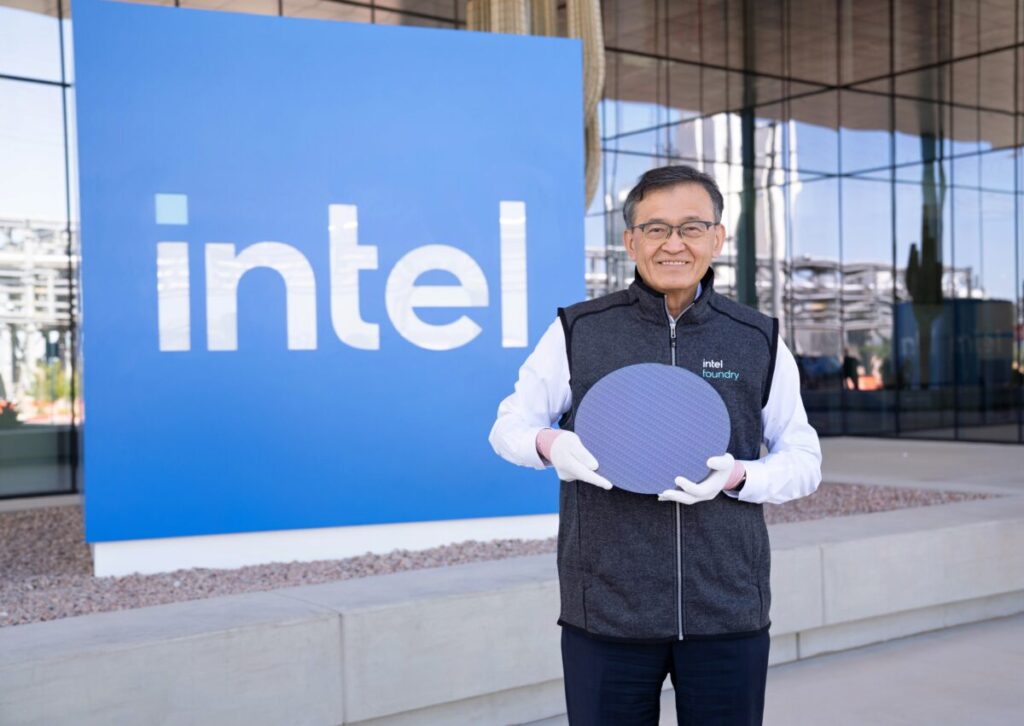Intel Corporation is gearing up to disclose new technical details about its upcoming “Panther Lake” laptop processor — a highly anticipated chip built on the company’s next-generation Intel 18A process technology. The forthcoming announcement marks a major step in Intel’s roadmap to reclaim performance leadership in mobile computing and usher in a new era of AI-powered PCs.
Next-Gen Power: The Intel 18A Advantage
According to early briefings, Panther Lake will succeed the Lunar Lake platform and bring substantial performance-per-watt improvements. Built on the cutting-edge Intel 18A node, the chip will feature two cornerstone technologies — RibbonFET transistors and PowerVia backside power delivery. Intel claims these innovations will redefine efficiency, signal integrity, and chip density standards across the semiconductor industry.
These technologies are designed to enhance processing efficiency, thermal management, and AI acceleration — all crucial for modern portable devices that demand high performance while maintaining long battery life.
Engineered for AI-Ready Laptops
The Panther Lake chip family will target ultraportable laptops and AI-ready notebooks, introducing capabilities for native on-device AI processing. This means users will experience faster, more responsive AI-driven applications — from image generation and language modeling to real-time translation — without depending heavily on cloud-based processing.
Intel’s focus on neural processing performance aligns with the broader industry trend toward AI PCs, which are optimized for next-gen workloads that blend creativity, productivity, and machine learning.
Pat Gelsinger: “A Milestone in Our Innovation Journey”
Intel CEO Pat Gelsinger has repeatedly emphasized the importance of Panther Lake in the company’s five-nodes-in-four-years strategy — a plan designed to rapidly advance process technology and close the gap with competitors like TSMC and AMD.
“Panther Lake represents the culmination of years of architectural innovation. It’s designed from the ground up to bring the power of AI to every PC user,” Gelsinger said in an earlier statement. “It’s not just an upgrade — it’s a redefinition of what’s possible in mobile computing.”
What to Expect from the Upcoming Reveal
Industry analysts anticipate that Intel’s upcoming presentation will detail the core architecture, integrated GPU enhancements, and AI co-processor capabilities within Panther Lake. The platform could also debut Intel’s advanced packaging technologies, allowing hybrid integration of performance and efficiency tiles for improved scaling across diverse workloads.
If the company’s timelines hold, Panther Lake-powered laptops could begin shipping by late 2026, signaling the next chapter in Intel’s resurgence across both consumer and enterprise computing markets.
Intel’s Bid to Reclaim Leadership
The unveiling reinforces Intel’s determination to remain a key player in the AI-driven computing era, as competition with AMD and Apple’s M-series processors intensifies. With Panther Lake, Intel aims not just to match — but to exceed — the performance and efficiency benchmarks that define the modern laptop experience.
As the industry moves toward AI-first computing, Intel’s 18A-based innovation may set the stage for the next generation of intelligent, power-efficient devices that blur the line between hardware and human-like computing performance.

